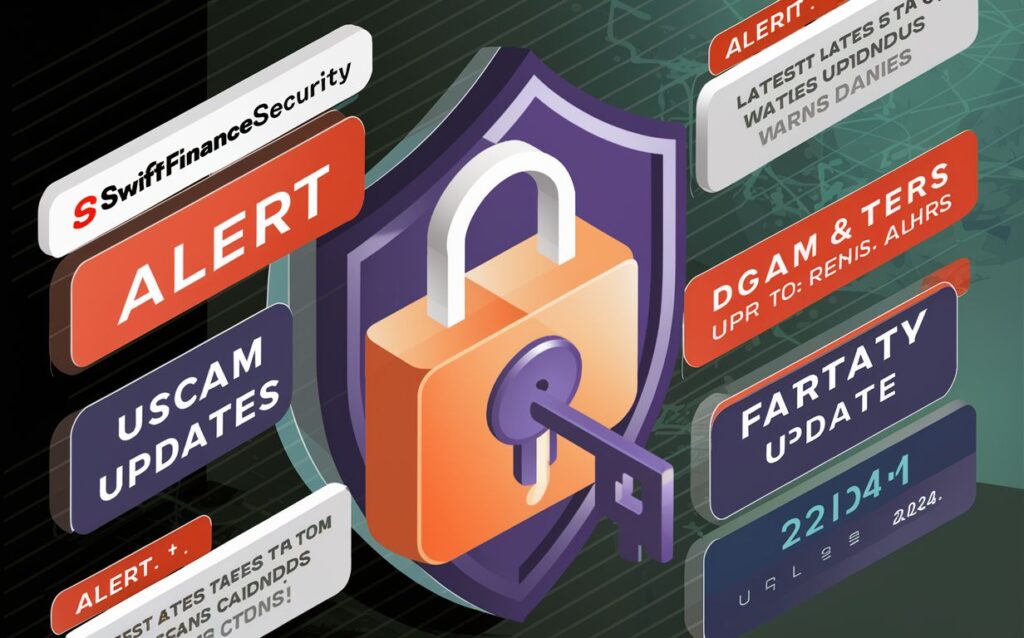


This list provides valuable resources from government agencies, industry groups, and non-profit organizations to empower you with the knowledge and tools to combat scams. Remember to update this list regularly to ensure you’re referencing the latest resources:
Federal Trade Commission (FTC)
Securities and Exchange Commission (SEC)
Consumer Financial Protection Bureau (CFPB)
Internal Revenue Service (IRS)
Anti-Phishing Working Group (APWG)
Financial Crimes Enforcement Network (FinCEN)
Ensuring Up-to-Date Information (2024):

Thank you for visiting Swift Finance Security. We are dedicated to helping individuals and businesses reclaim lost funds and achieve financial security. For inquiries or assistance, please don’t hesitate to contact us. Your trust and satisfaction are our top priorities.